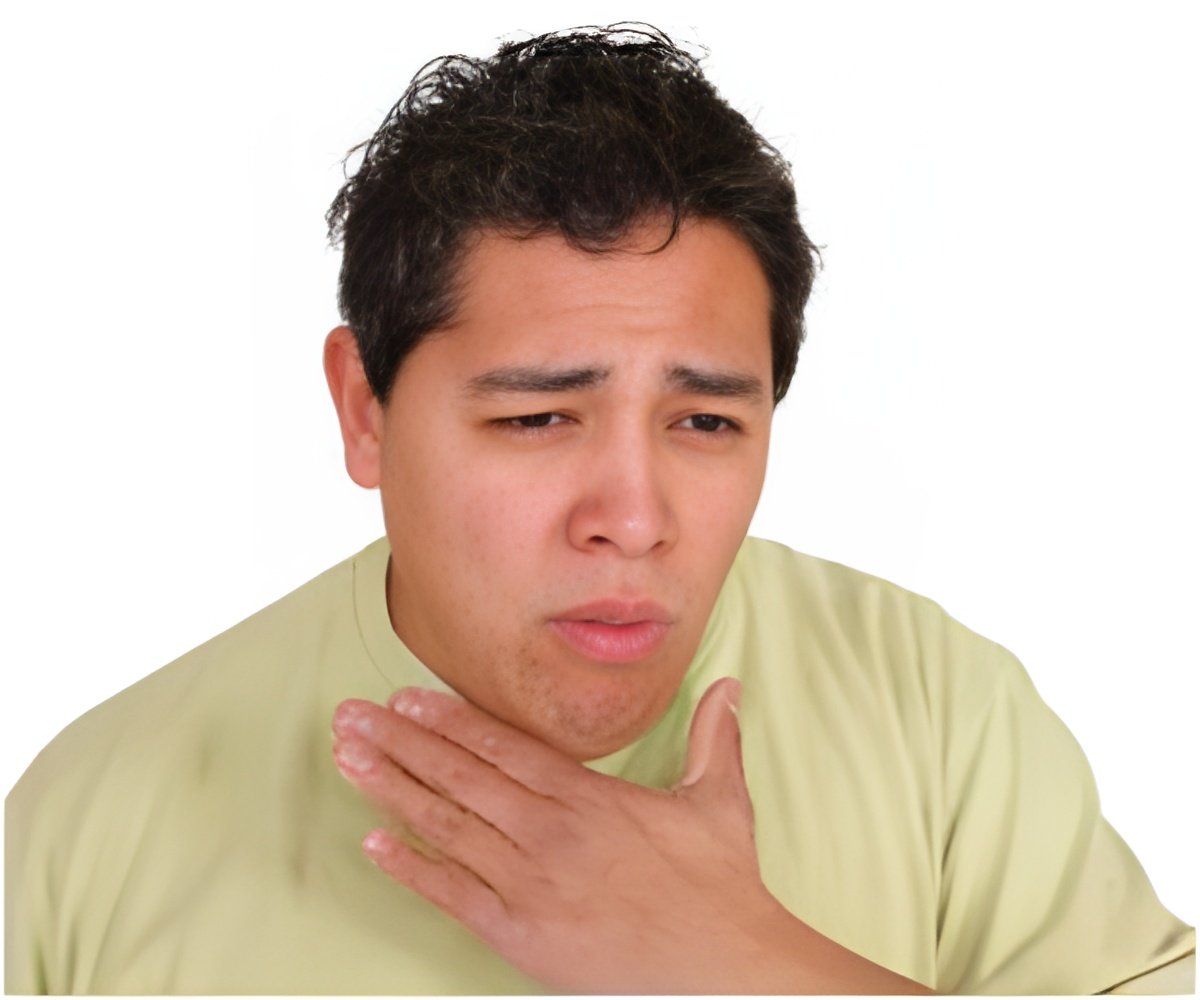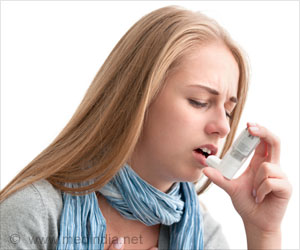It’s time that our belief about huqqa smoking being safer than beedi smoking needs to be changed, said IACS on occasion of World Chronic Obstructive Pulmonary Disease Day, November 19.

“Single puff by ‘huqqa’ smoking is not safer than ‘beedi’ (Indian cigarettes) at any cost as both are injurious to lungs causing severe asthma leading to chronic obstructive pulmonary disease,” said Dr Virendra Singh, president of IACS and Editor of international journal ‘Lung India’.
He said that a single puff of huqqa sends 10 times more carbon monoxide in our body compared to beedi and the huqqa smoke settles more deeply in lungs.
Some 20 per cent villagers in Rajasthan were addicted to beedi or huqqa and this has led to acute COPD in smokers aged 40 to 50 years, he said. Twelve per cent people in rural areas die of COPD.
In India, approximately 30 million people are estimated to be suffering from COPD and half a million die every year from it.
In COPD, airflow to the lungs is restricted, along with problems like breathlessness and chronic coughing. This problem makes it difficult for a person to breathe properly. Some 75 per cent of people suffering from COPD are not able to lead a normal life. In acute COPD cases, a person is not able to climb stairs or walk for long.
Advertisement
New Zealand has the second highest rate of COPD hospital admissions in the developed world and this is putting a burden of $200 million on the public health system annually.
Advertisement
Source-Medindia










